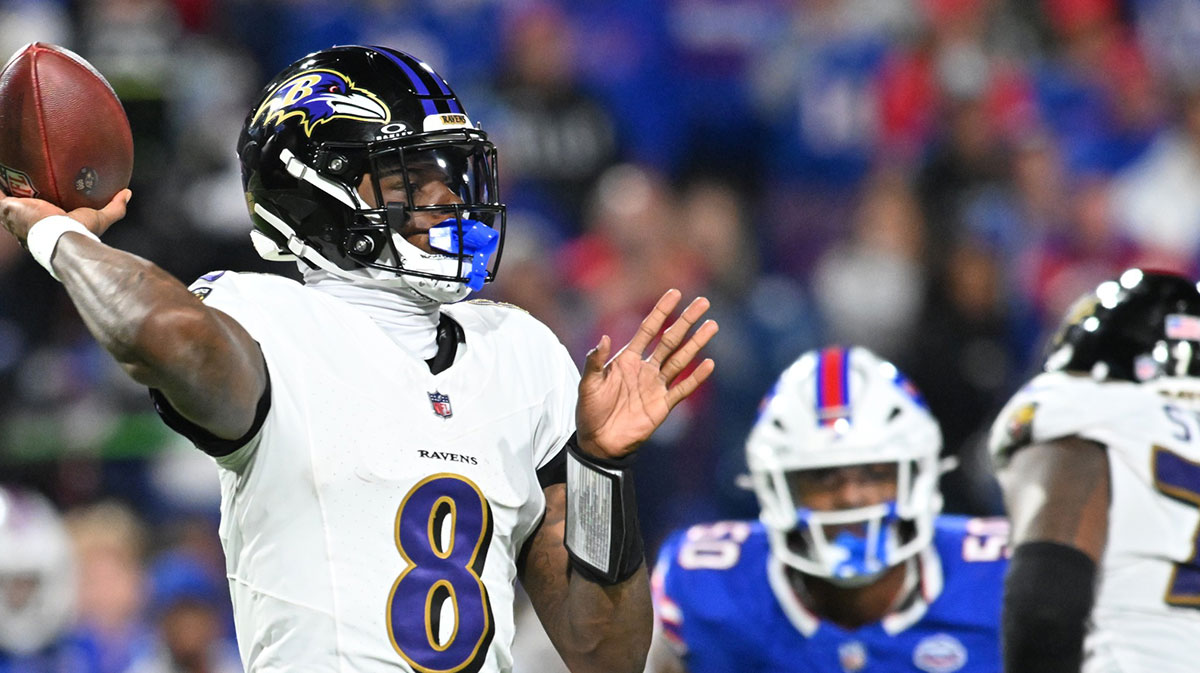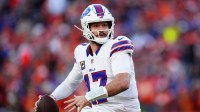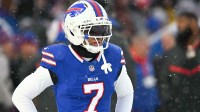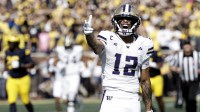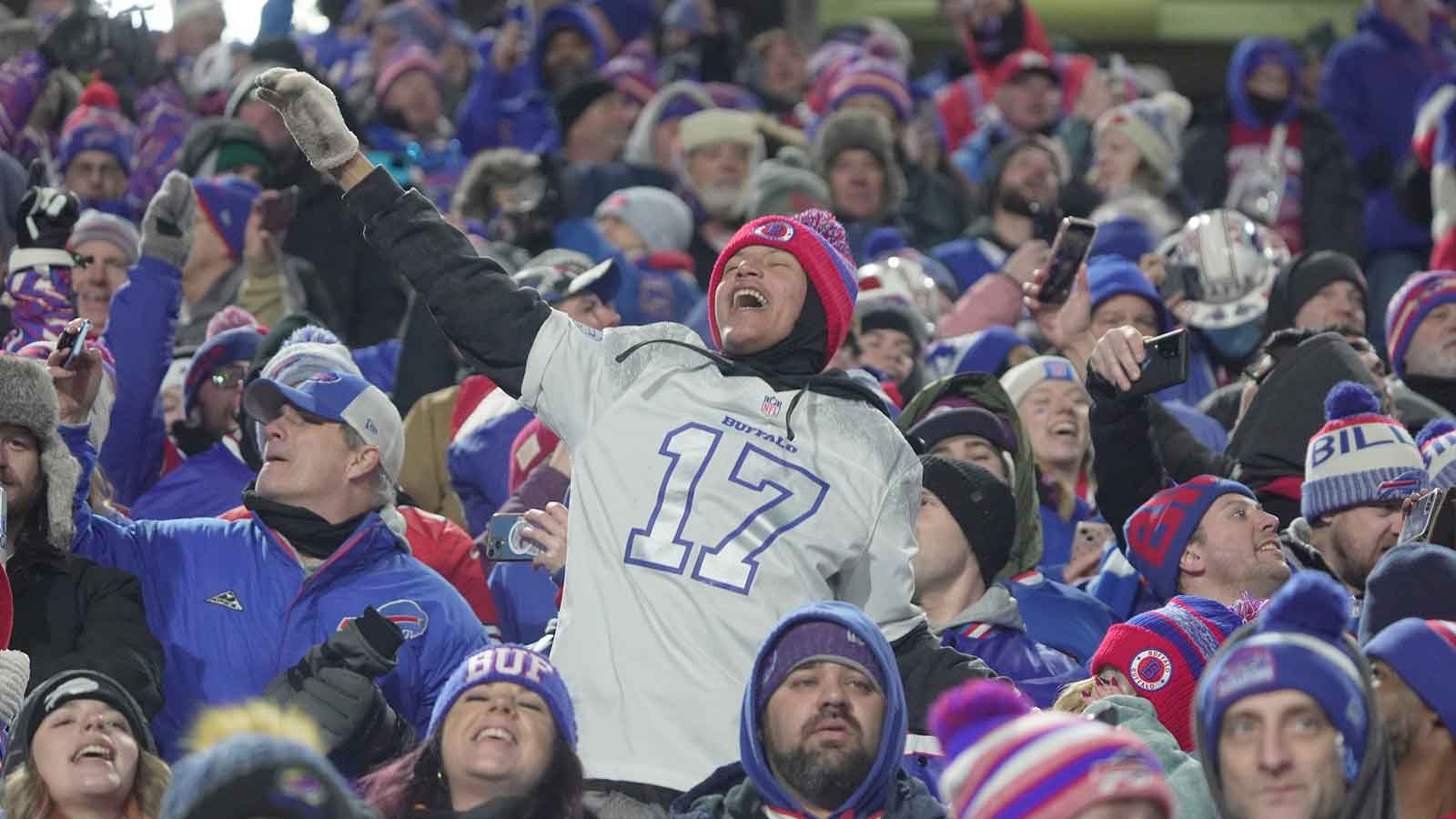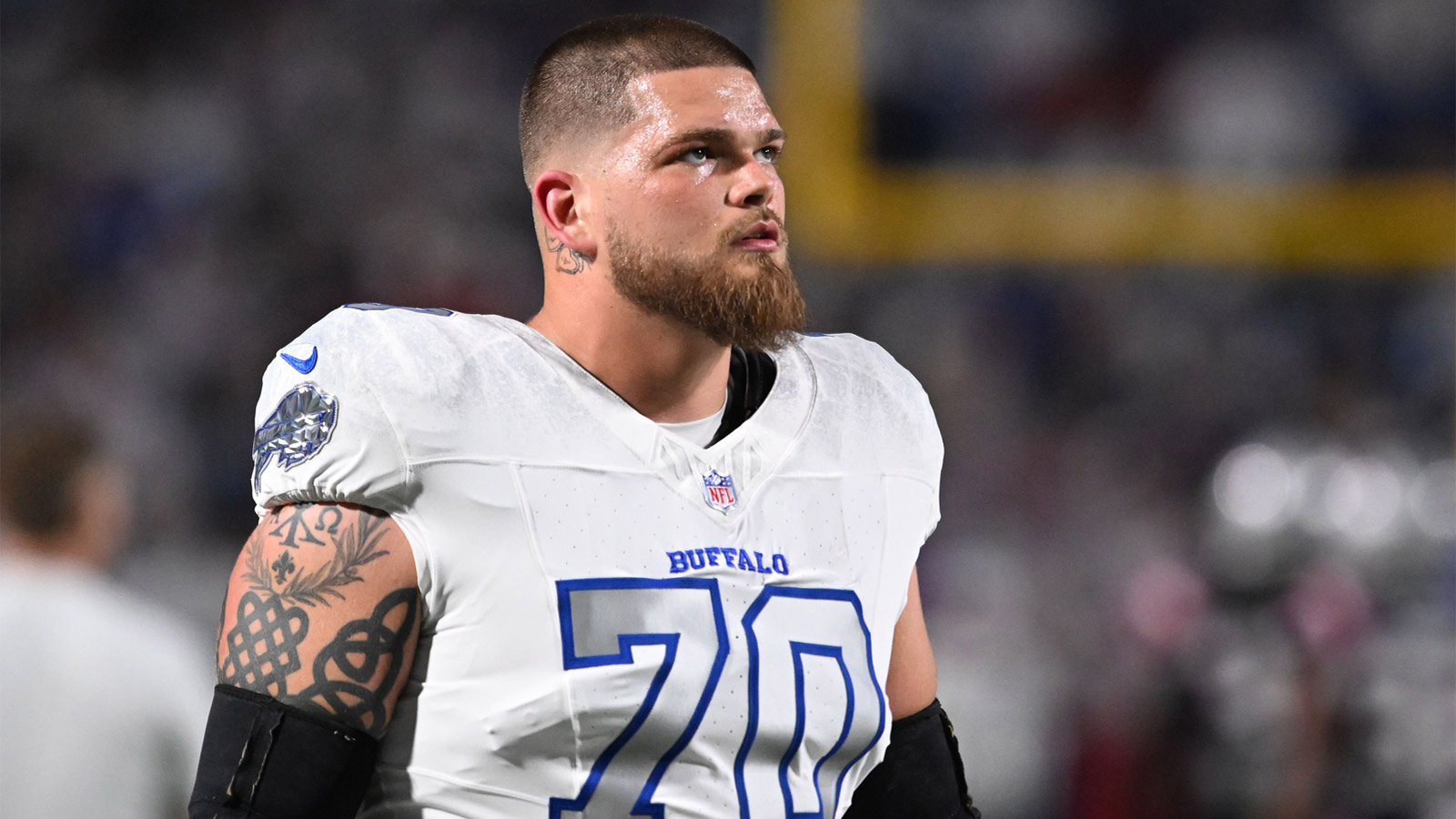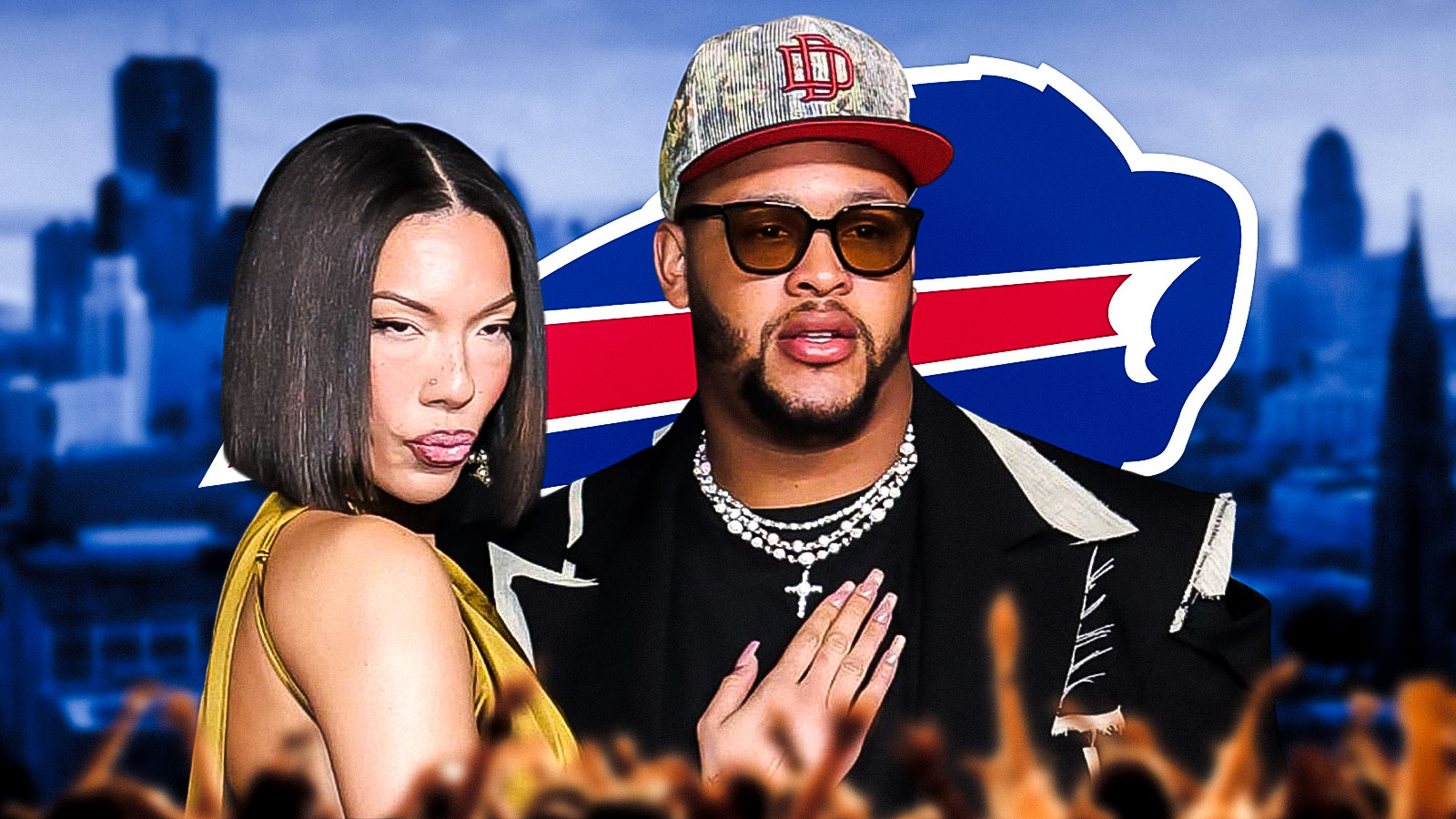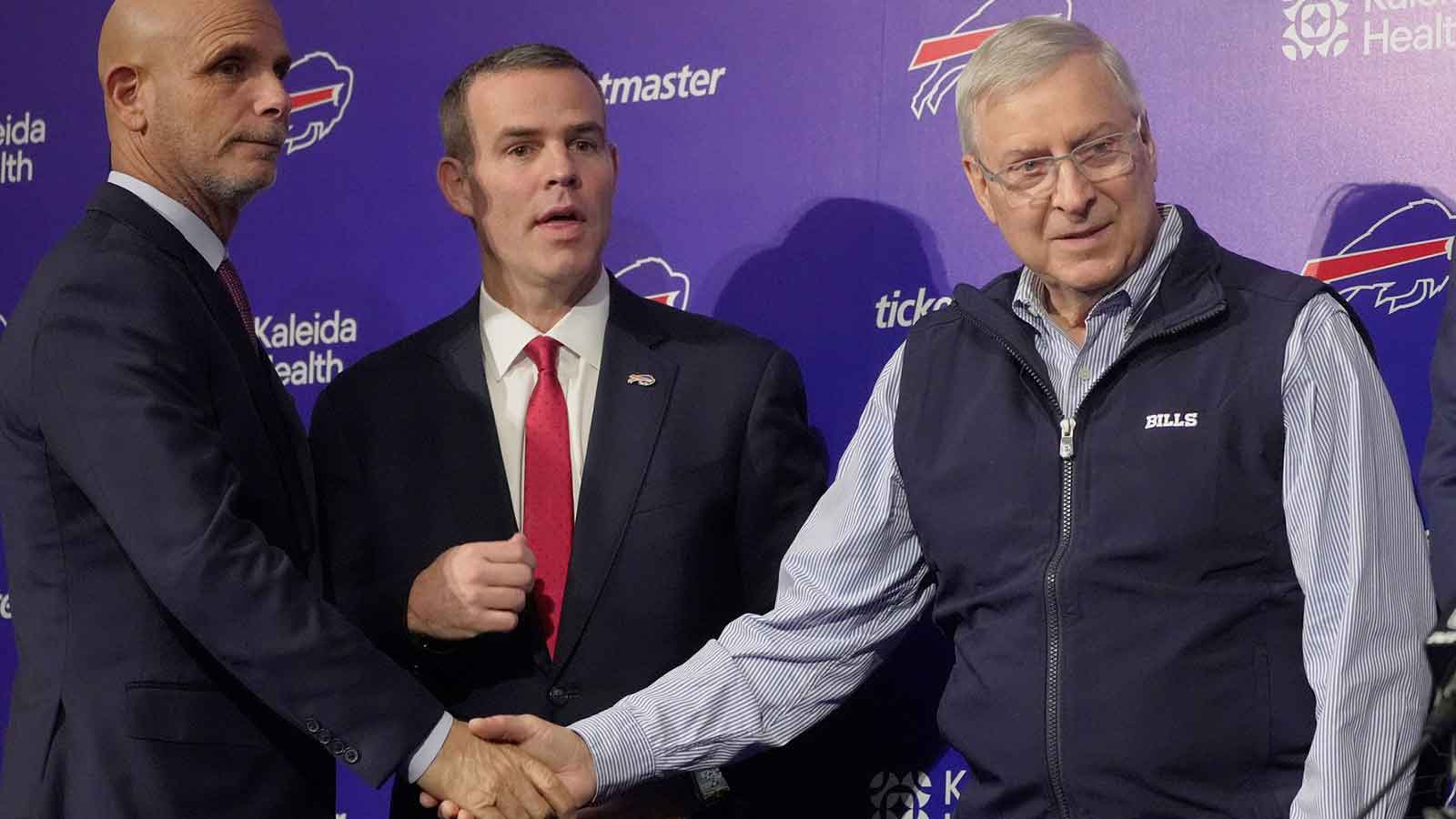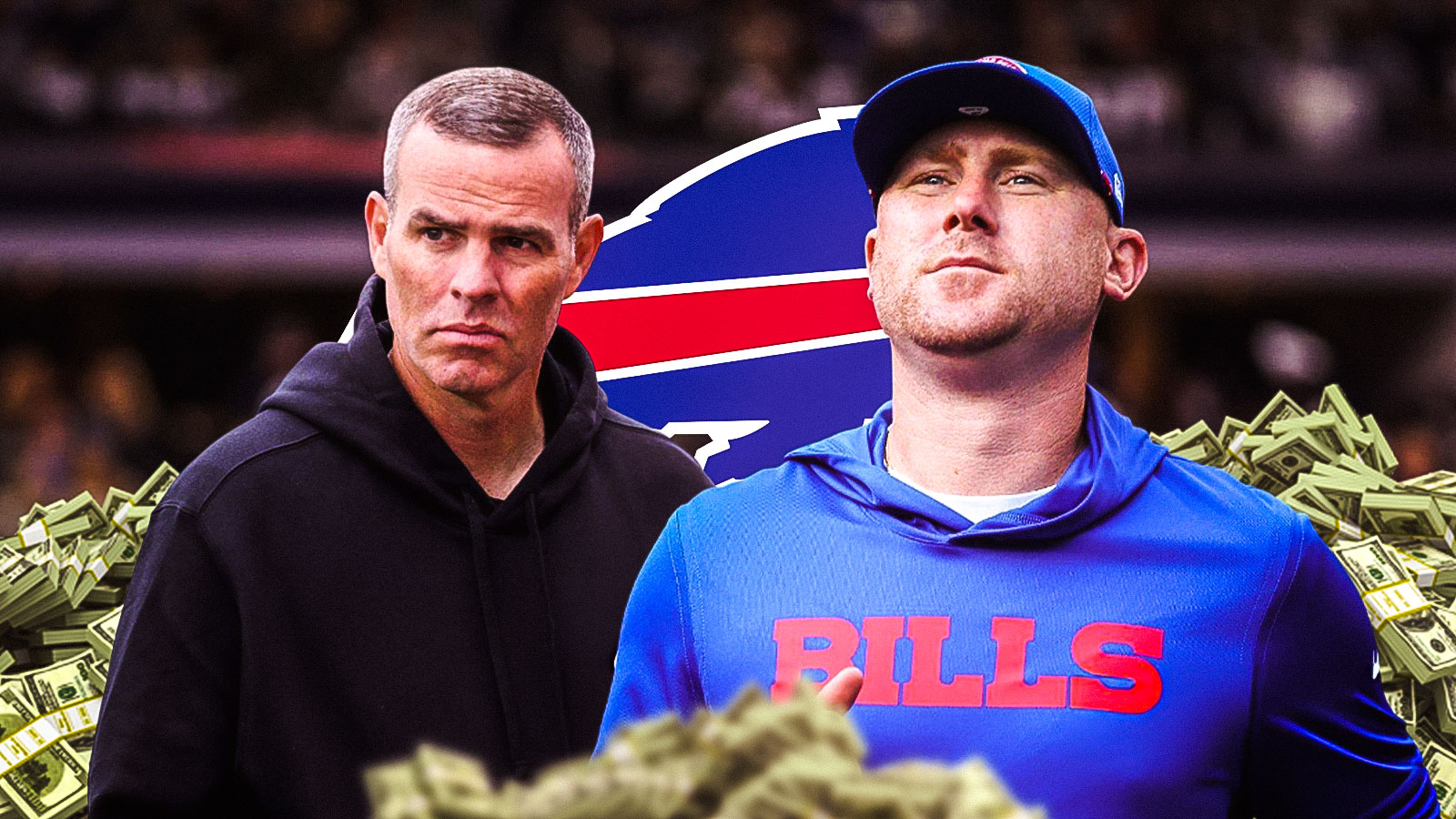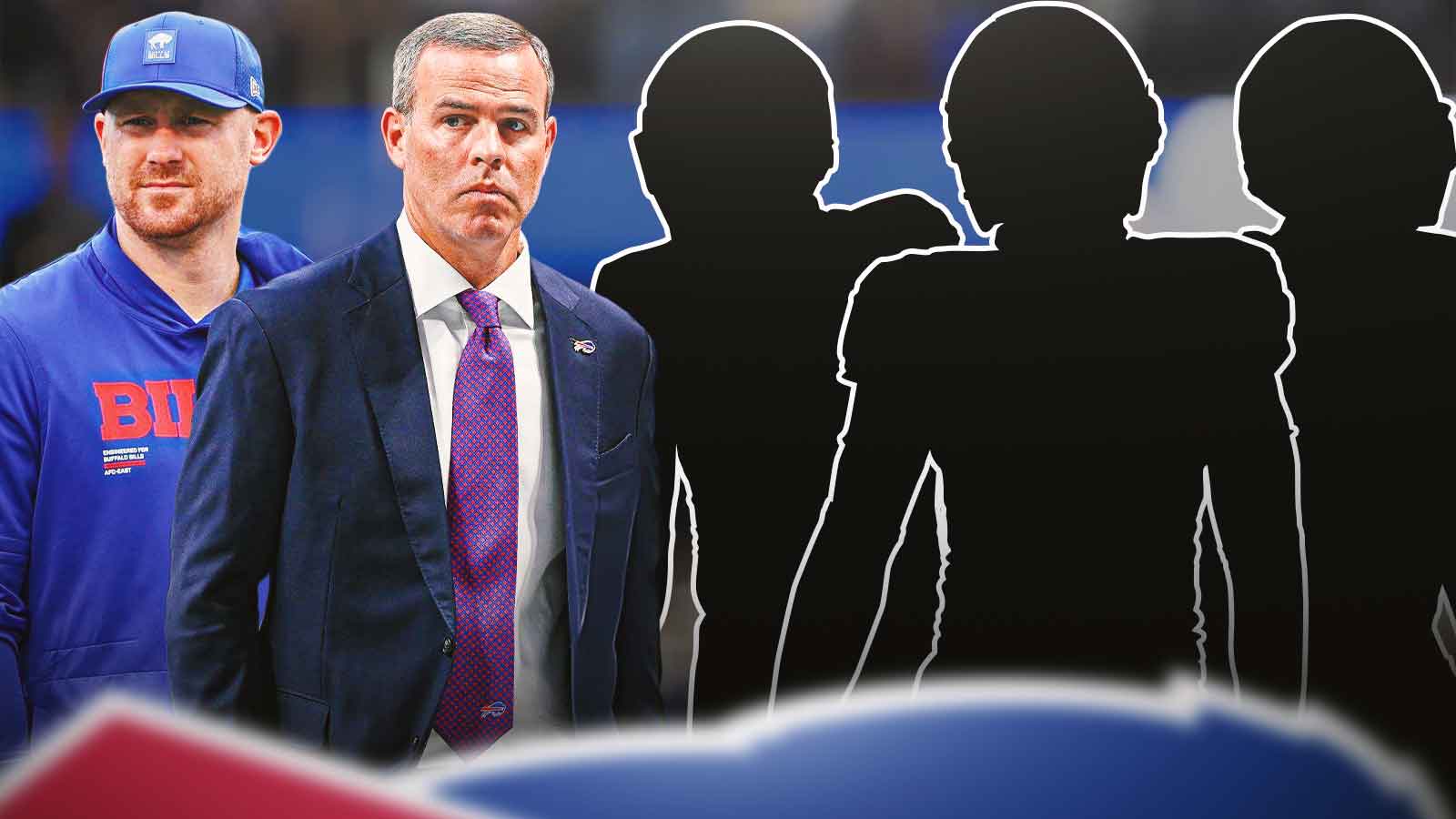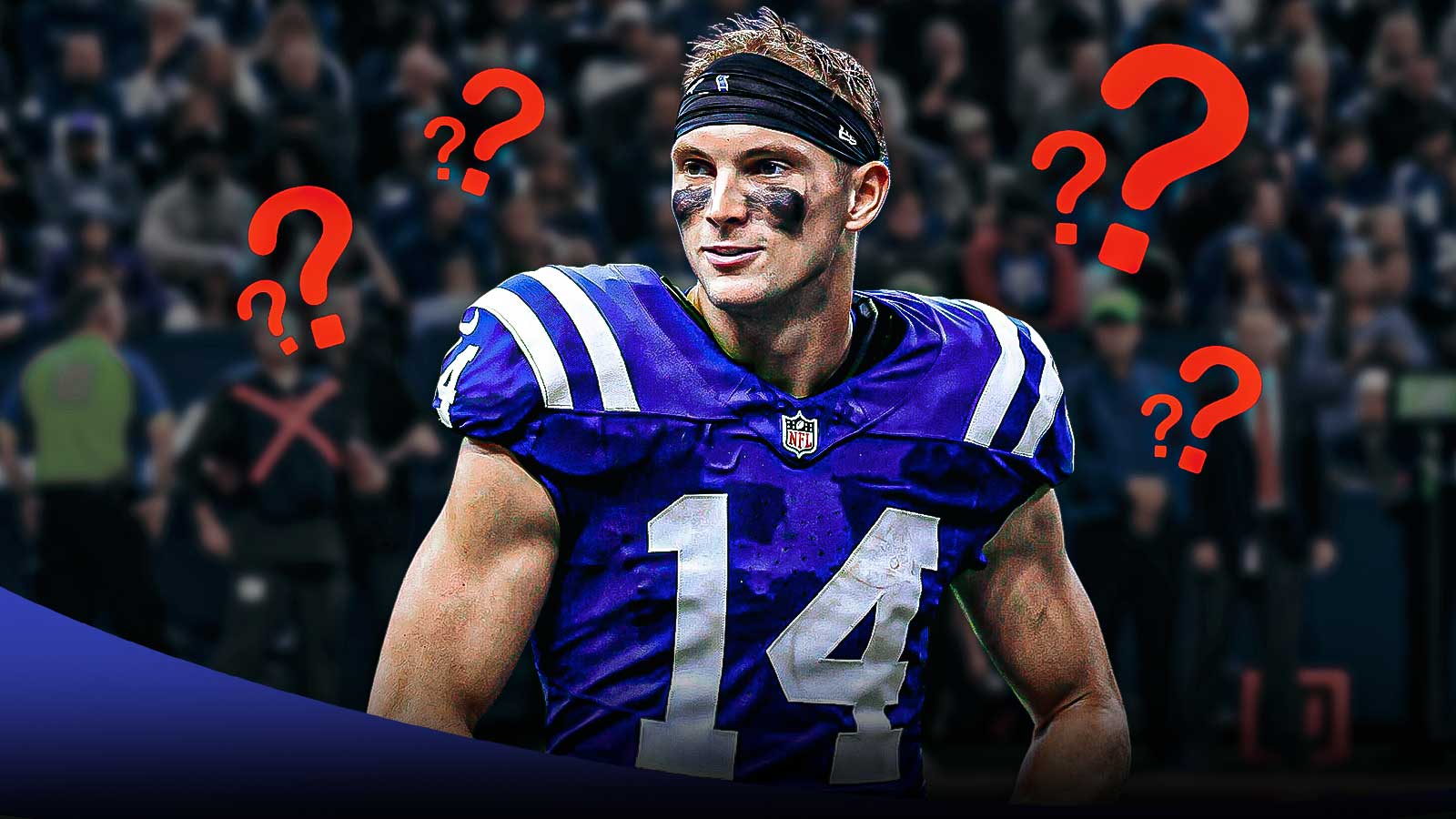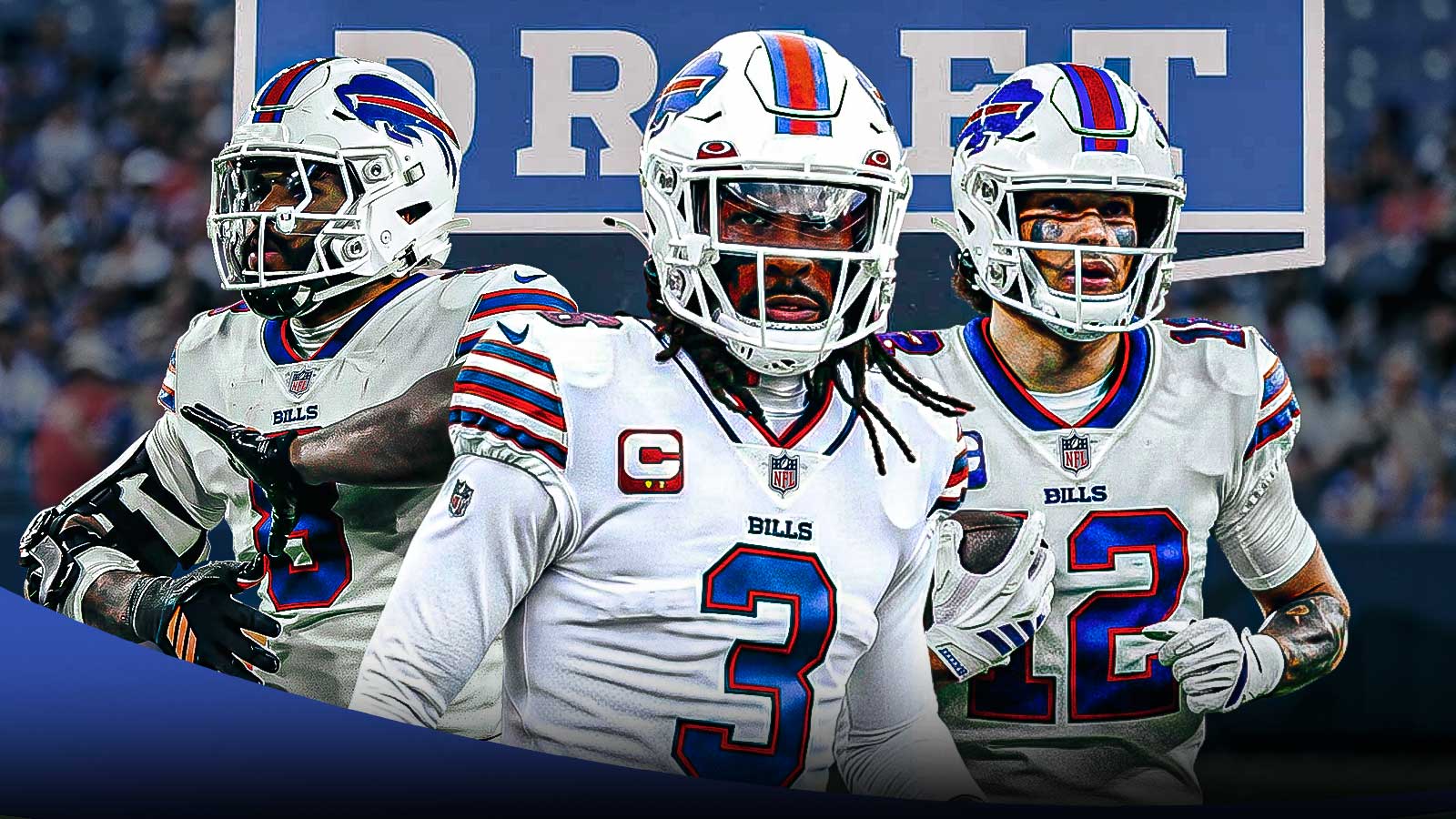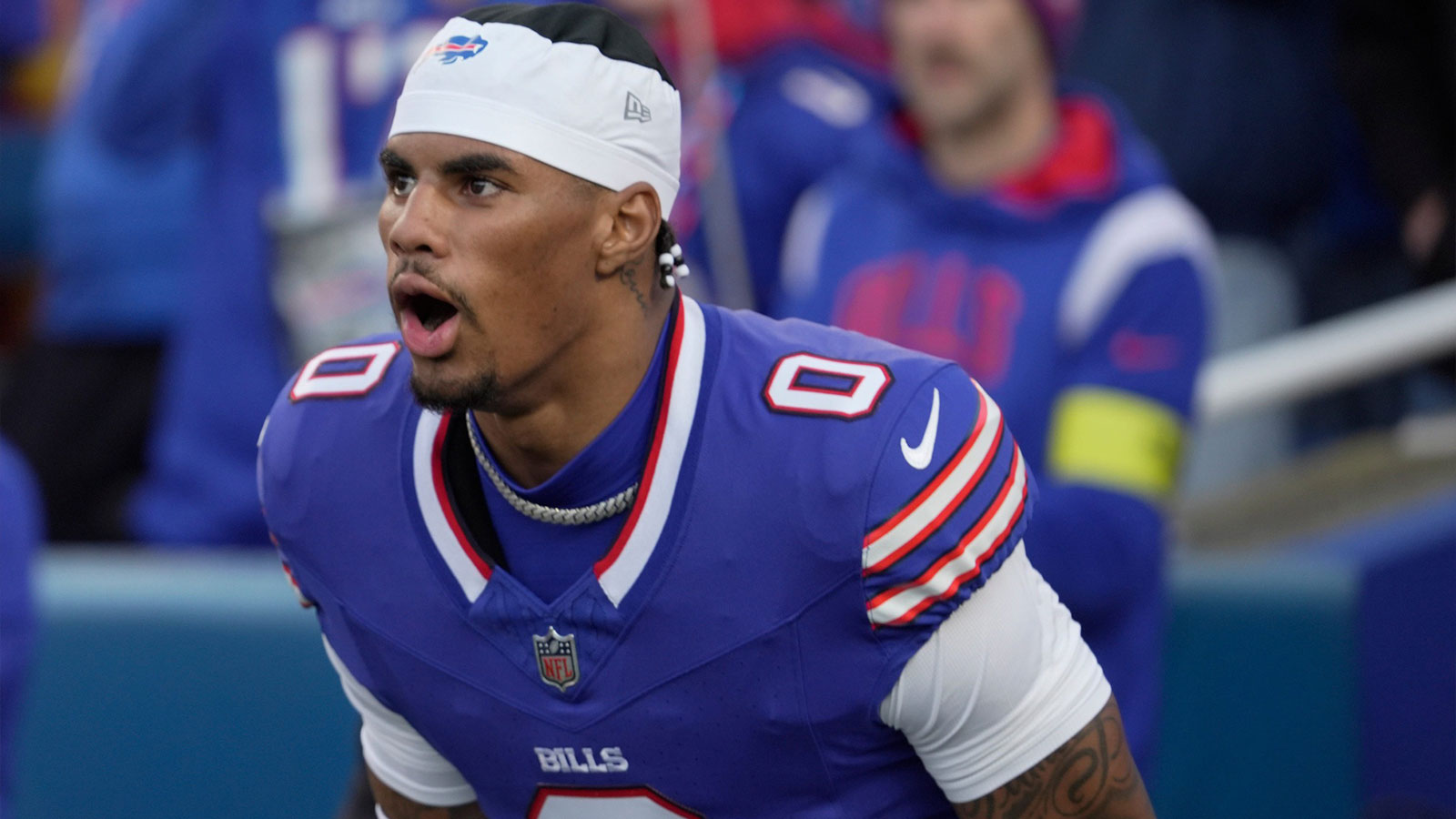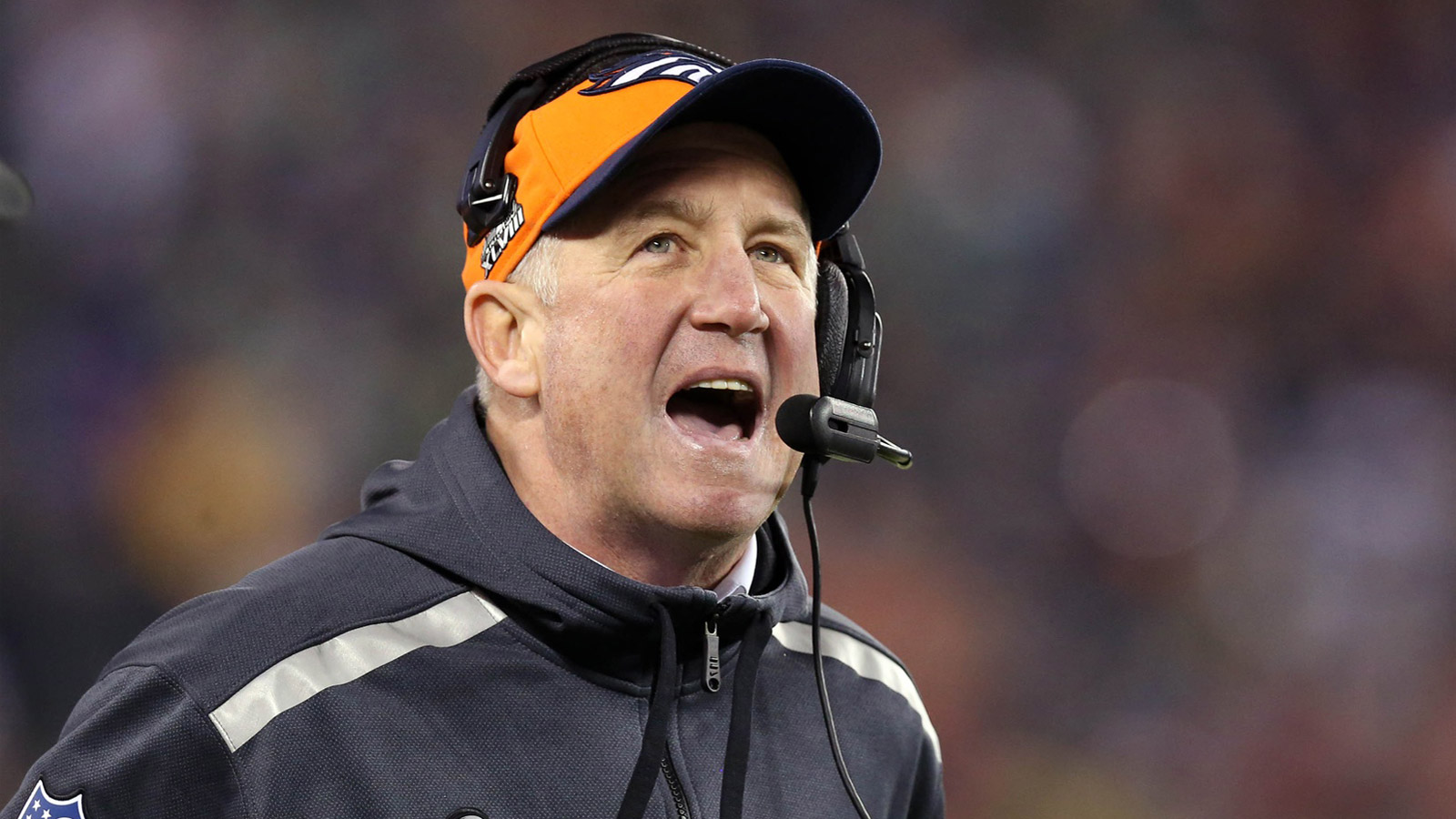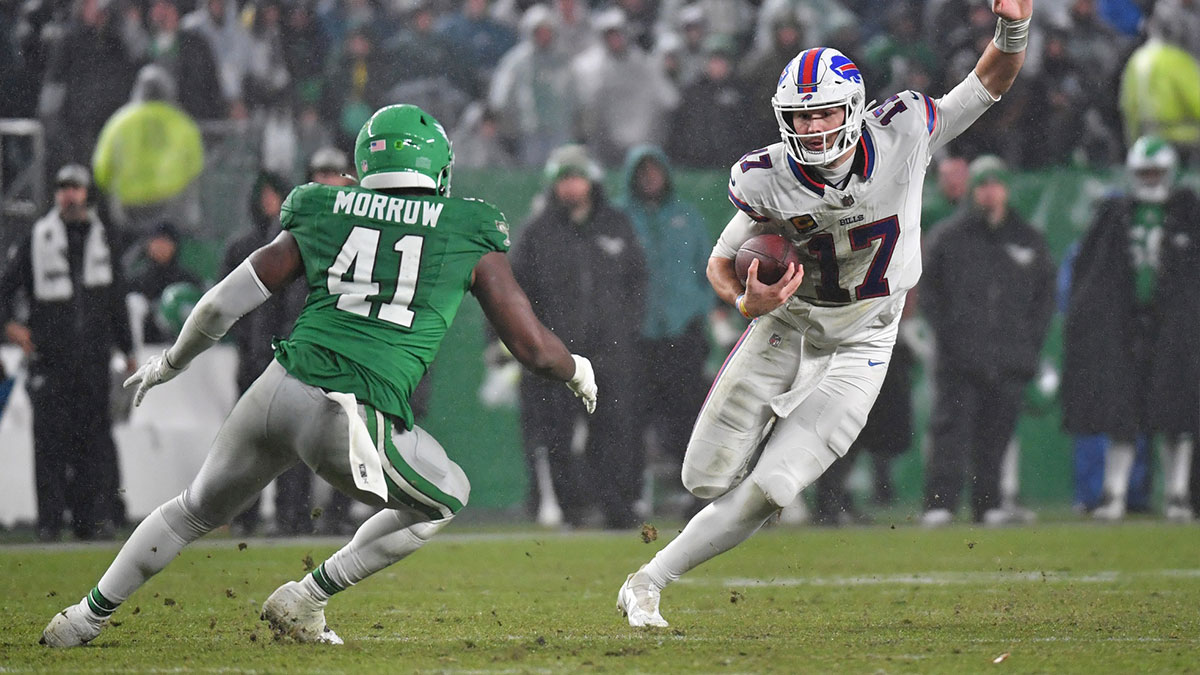The Buffalo Bills pulled off a gutsy come-from-behind win over the Baltimore Ravens, 41-40, at Highmark Stadium on Sunday, ending the NFL's opening week on a nail-biting note.
The Bills escaped by the skin of their teeth after being down by as much as 15 points in the fourth quarter, 40-25. Matt Prater converted the game-winning field goal from 32 yards after Josh Allen once again led a valiant drive for Buffalo. They outscored the Ravens, 22-6, in the final period.
The win, however, was marred by an incident off the field. A Bills fan slapped the head of DeAndre Hopkins as the Ravens were exiting. Apparently, the fan wasn't done. He also slapped Lamar Jackson in the head. The Baltimore star didn't take it lightly and shoved the fan back to his seat.
A fan hit/shoved Lamar Jackson in the head — and Lamar Jackson put him in his seat. pic.twitter.com/CpqvgrQmrV
— Ari Meirov (@MySportsUpdate) September 8, 2025
The incident swiftly went viral. Sports Illustrated's Conor Orr pointed out on X that the fan could be in deep trouble as he violated several rules indicated on game tickets for Highmark Stadium.
“Unauthorized entry into the field of play or other restricted areas, interfering with the progress of any game or event, attempting any physical contact with any event participant and/or other disorderly conduct deemed dangerous, inappropriate, or in violation of the stadium code of conduct or any other event security policies is strictly prohibited,” read the fine print, as showed by Orr.
“Violators will be removed from the stadium and subject to arrest and prosecution, forfeiture of ticket privileges, and other penalties, including up to a lifetime ban.”
Reading the fine print on the back of Bills tickets for the last 15 minutes or so. Feels like the kid who shoved Hopkins and Lamar is possibly in deep weeds.
While I have personally seen fans break ~every~ one of these conduct codes, doing it on a big spot is another matter. pic.twitter.com/pscMzZ2nAp
— Conor Orr (@ConorOrr) September 8, 2025
NFL insider Jordan Schultz also chimed in, defending Jackson's action against the fan's behavior.
“Don’t tell me Lamar Jackson did anything wrong here! He was simply responding to a fan being utterly ridiculous and doing something no fan should EVER do—make contact with a player,” wrote Schultz on X.
Don’t tell me Lamar Jackson did anything wrong here! He was simply responding to a fan being utterly ridiculous and doing something no fan should EVER do — make contact with a player. pic.twitter.com/Jmnknkz2cS
— Jordan Schultz (@Schultz_Report) September 8, 2025
As of writing, neither Hopkins nor Jackson has commented on the incident. But it would be in the best interest of the Bills if they condemn the act and make the fan accountable.
The NFL has repeatedly espoused the need to protect players better, including urging stadiums to tighten their security.

